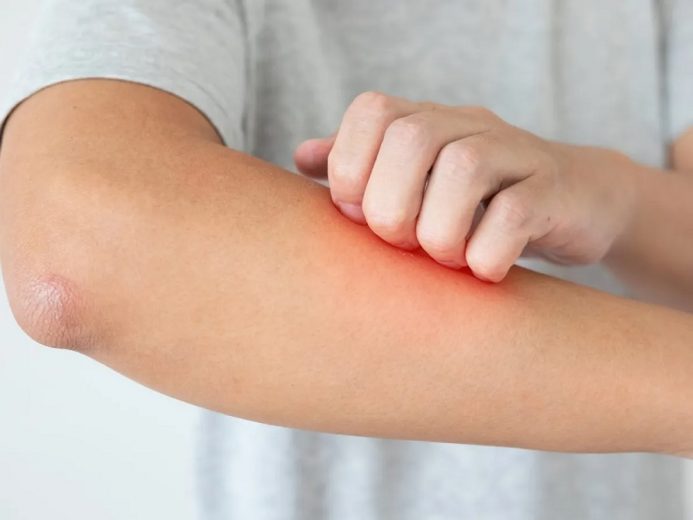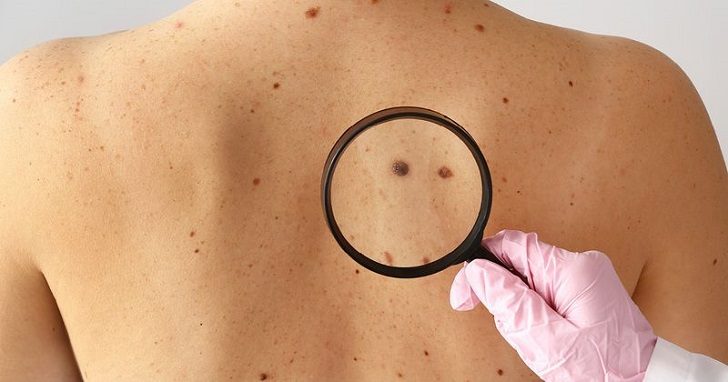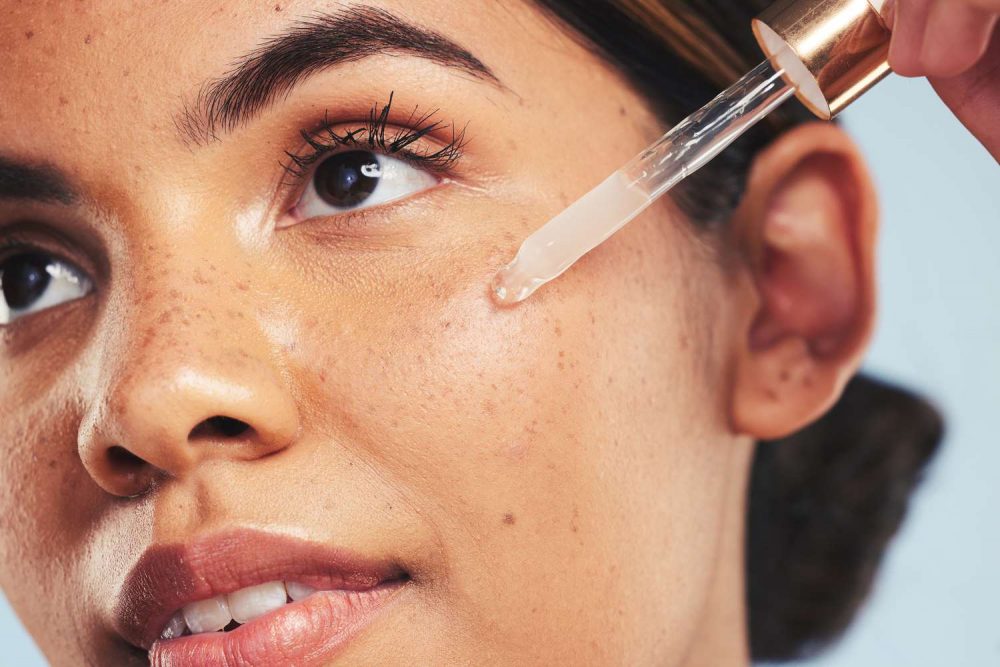Air pollution affects not only our breathing but our skin as well. The toxic air contains microscopic particles and gases that can cause harm to our skin--these pollutants disrupt the skin's natural barrier, leading to premature aging, dark spots, and skin inflammation. In this article, we will discuss how pollution can damage our skin and the steps we can take to protect ourselves.
The Science Behind Skin Damage
Pollution is not just about leaving your skin visibly dirty; it includes microscopic particles that penetrate deep into the skin. These harmful particles cause a chain oxidative stress reaction, producing and accumulating free radicals that interact with the skin's lipids and proteins. This chemical interaction ultimately deteriorates the skin's natural defense, leading to inflammation, pigmentation, and wrinkles.

Times/ iStock Images | The effects of air pollution on the skin are not to be underestimated
Types of Pollution and Skin Damage
Various types of pollutants can damage your skin in multiple ways. For example, Sulfur dioxide and nitrous oxide combine with the moisture on the skin to produce sulfuric and nitric acid. These acids can cause severe skin irritation, redness, and rashes.
Another type is particulate matter, tiny dirt and dust particles in the air that cause skin inflammation and acne. Furthermore, the Ozone layer depletion continues to pose significant hazards to the skin, as it reduces the skin's antioxidant protection, leading to premature aging signs like wrinkles, fine lines, and hyperpigmentation.
Impact on Skin
Our skin is a significant barrier between the body and the harsh environment. However, prolonged and consistent exposure to polluted air can compromise this barrier, causing considerable damage to the skin. The effects of pollution exposure vary across individuals, and it can manifest in various ways.

Healio/ Adobe Stock | Nearly 20 Americans die from melanoma every day
For instance, excessive exposure to PM2.5 particles can lead to a dull and dehydrated complexion, while PM10 particles can cause congestion and clog pores. The interaction between pollutants and UV radiation can also lead to a rise in inflammation and, in the long term, increase the risk of skin cancer.
Ways to Protect the Skin
Taking proactive measures to protect your skin from pollution exposure is essential, like using broad-spectrum SPF 30 or higher sunscreen, wearing protective clothing, and avoiding peak pollution hours.
Additionally, specialized products that contain antioxidants like vitamins C, E, and Resveratrol can help repair the skin's damage and protect it from further harm. Daily skincare routines should also include cleansing, exfoliating, and moisturizing, which help remove pollutants build-up on the skin and keep it hydrated.

Sora Shimazaki/ Pexels | Glowing skin is always in
Conclusion
Air pollution has far-reaching implications for our health, and its impact on our skin is often underestimated. The effects of pollution on the skin can be seen immediately or insidiously over a longer period.
However, by being mindful of pollution exposure and taking preventative measures like using skincare products containing antioxidants and protecting your skin from the sun's harmful rays, you can reduce the damaging effects of pollution on your skin. Taking care of every aspect of our health is essential, and our skin is no exception.















